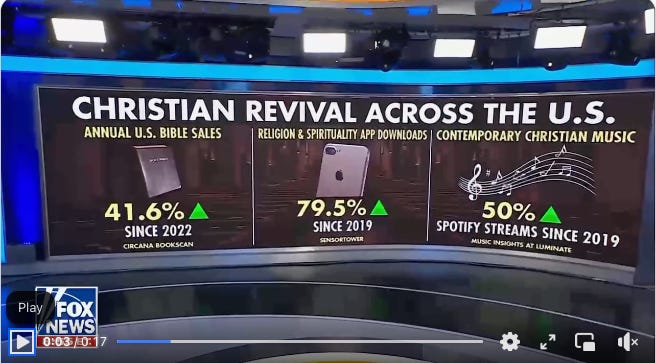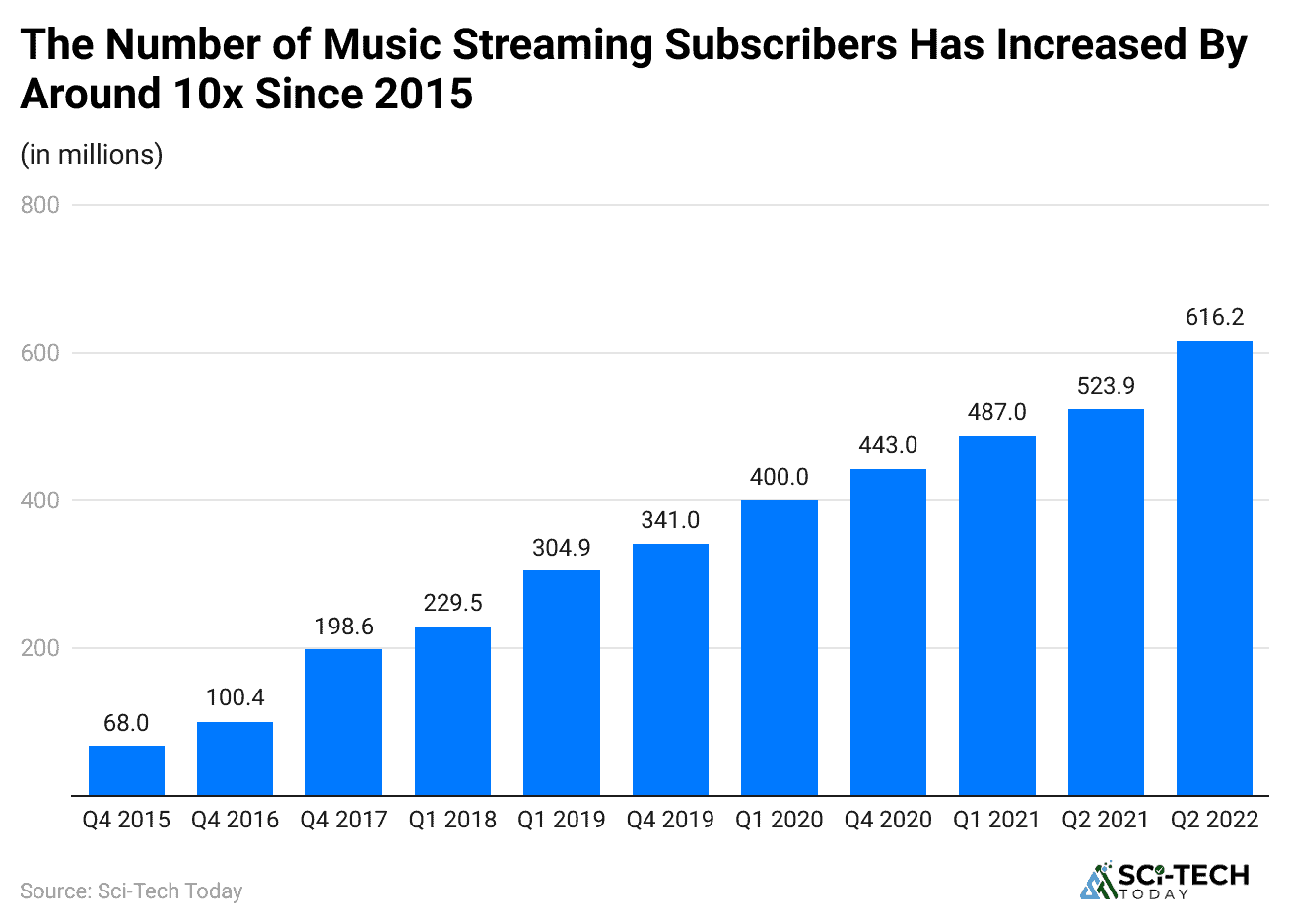Revival of Epic Consumerism
Hearts Not Wallets
In my “day job” I have worked with data and statistical information. Because of this, I have extensive experience with data as a way to tell a story. I also have the experience to recognize when someone is using data to tell a false or misleading story to prove a point. The latter is sometimes unintentional, but it is still problematic. Our trust in sources should be based upon verification and the speaking of truth when those sources are false.
There is a tendency to trust data shared by the sources we trust. However, those sources know this and know that many people do not have the experience will not be able to see their BS. I have encountered the way data shared gets believed and shared as truth. I was even told by a fellow member of clergy one time over and over that they trusted the source more than my experience. I get it, but the huge problem in that case was that the source was not what ot appeared to be. You see Arizona Christian University (ACU: a fundamentalist Christian school) hired Barna as a professor. So, they use the name Barna to give credence to their claims. Barna is no longer associated with the Barna Group as he is a senior fellow at the Family Research Council, a political activist and lobbying group. George Barna sold Barna Group in 2009. ACU used Barna’s name in prepared stories propagated across various outlets a few years ago to make a claim about Christian worldview. The stories were eventually edited to read George Barna from simply Barna. But the false information had already been shared by many.
This brings us to another story being shared using supposed data points. Once again, the data as presented does not back up the claim. Fox News had a story about Christian Revival in the U.S. As proof us this, they shared some data about consumer habits. They claimed that data told a story of revival, but there are problems with that claim both from the surface and the underlying data. The surface claim is problematic because consumer behavior is not evidence of revival nor is it evidence of changed hearts. It is evidence of changing consumer habits, but not hearts.
Free subscribers will get full access to this post on Sunday October 19
Here is the infographic used for the story.
Those numbers might tell a story, but let’s start with the lowest hanging fruit. The middle graphc showing a 79.5% increase in the download of apps. The claim is that this is evidence of a Christian revival, but if we pay attention to the story and the graphic something very important is revealed. The broad category of “Religion and Spirituality” apps is not just Christian apps. That category includes a lot of applications and includes Christian, other religions, and non religious but spiritual content. So we can dismiss that as evidence because it is not specific enough.
Now let’s look at the Spotify streams. This is an interesting one because it is specific, but the increase in streams over that period tracks with the increase in overall subscriptions worldwide as seen in this chart.
If we go to Spotify data, we can see that Spotify estimates that an approximately 163% increase in streams happened between 2019 and 2025. With that data, we can see that the increase in Spotify streams of Christian music tracks with overall consumer choices for music consumption. So, still not evidence for revival.
The last data point is Bible sales. This one is interesting because it is a divergence from printed material sales in the last year. But, I will also point out that the data point starts at 2022 which makes it slightly suspicious. Why compress that particular one? It is also unnecessary because Bible sales have been increasing and even had a spike in 2024 of year over year sales of 22%. Accio made this observation: “This trend aligns with broader cultural shifts, including younger generations seeking spiritual grounding amid uncertainty and publishers introducing modernized editions tailored to diverse audiences.” This is a good explanation as Gen-Z has shown an affinity for physical media and there is a reversal of switching to electronic Bibles to printed ones by Gen-Z. But even with an increase in sales, we cannot extrapolate revival. I have personally purchased several Bibles in the last few years and own many Bibles from a lifetime of collecting.
The rub for me on this is that this story has legs and is being shared as evidence of something that we have no other proof for. Church attendance is not increasing in the U.S. overall. In fact, Ryan Burge’s research is showing that church attendance is decreasing as a percentage of overall population numbers even amongst those who claim to be Christian. In addition, the phenomenon of deconstruction which often leads to healthy reevaluation of faith and revival of deep faith is summarily dismissed as dangerous. It appears we trust capitalism way more than the Holy Spirit. But that tracks with modern American evangelicalism. As Jeorg Rieger has asked, “What does it say that many Christians can imagine the end of the world but not the end of capitalism?” (Joerg Rieger, Jesus vs. Caesar: For People Tired of Serving the Wrong God) We are so indoctrinated in success of ministry being reflected in numerical data that we see revival in the weirdest things.
True revival is seen in hearts and minds transformed. If we believe Jesus, revival is hearts and minds transformed into love for God and neighbor. The American evangelical church is due for major revival if we can only recognize our collective sin and repent. That’s hard work though and it requires us to be disciples of Jesus rather than Christian culture and influencers. When revival comes it will not be in the flash of spending money, but in the evidence of human beings loving one another, caring for their fellow human beings as neighbor, working in empathetic resistance to the powers, and being peacemakers who reject the violence of the world.
https://www.accio.com/business/bible-sales-trend-statistics




